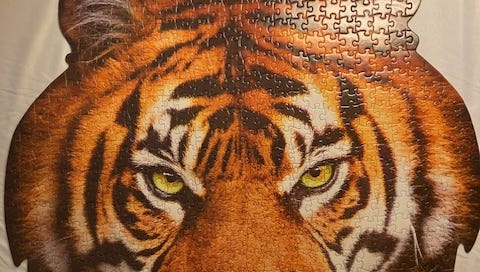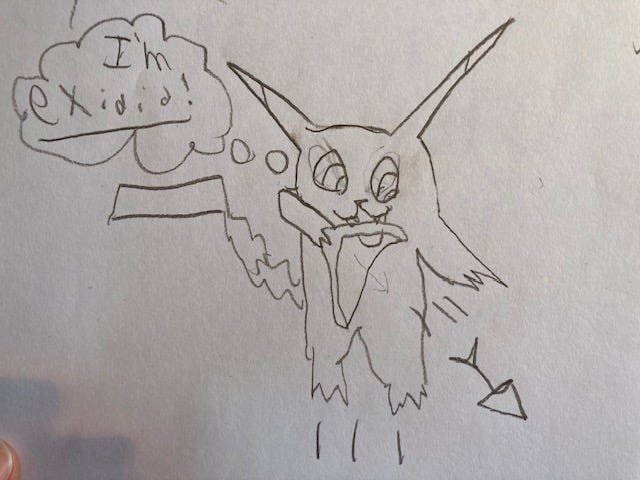Hello my loves. I fear this will be a long one, but maybe I will say everything I want to say about life and art in four concise paragraphs, lolz.
I do not make a habit of discussing headlines in this newsletter but it feels coolly obtuse not to light candles (or, actually, pray for rain) for those experiencing the LA wildfires. …
Keep reading with a 7-day free trial
Subscribe to Under a Spell to keep reading this post and get 7 days of free access to the full post archives.




